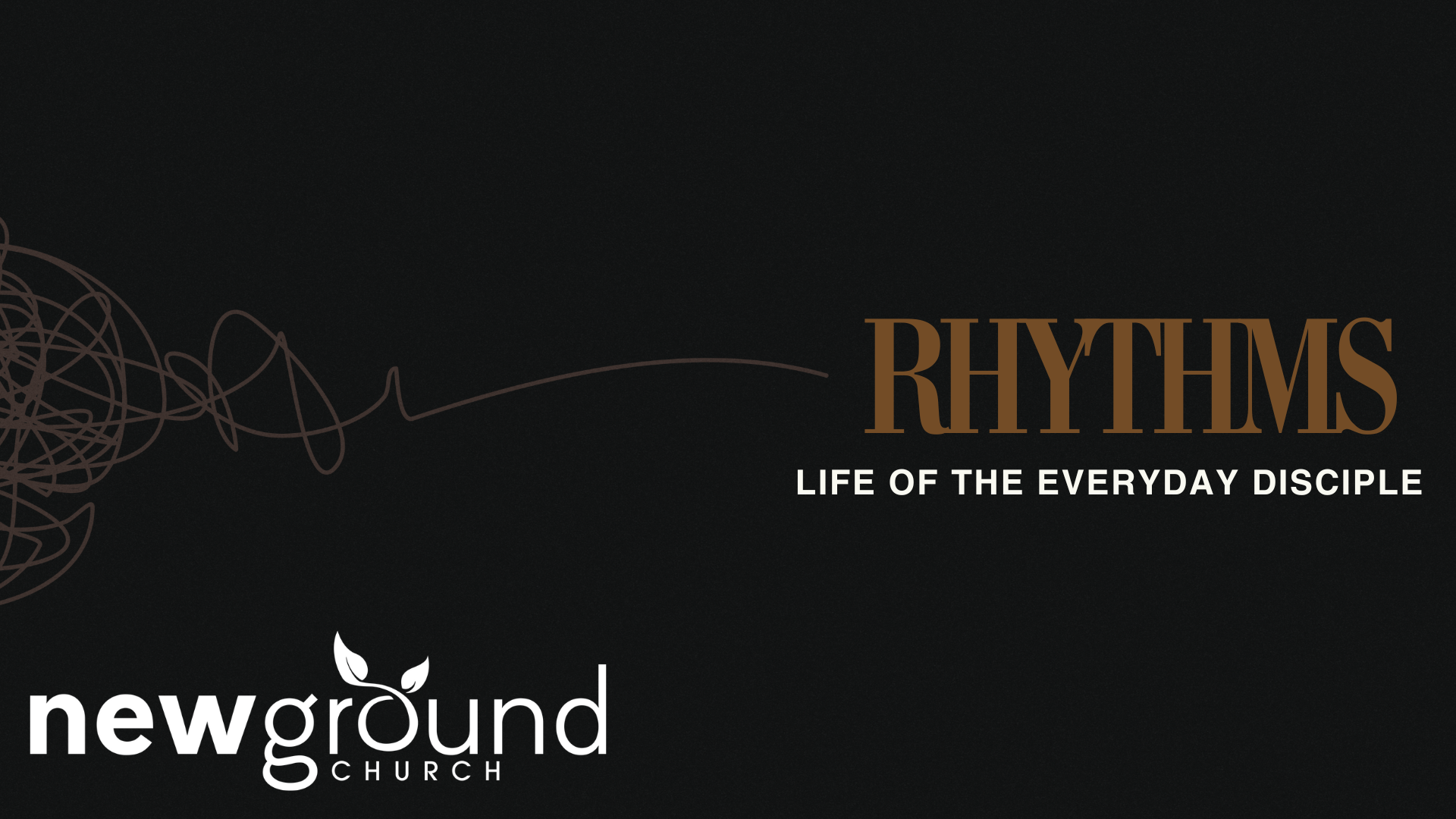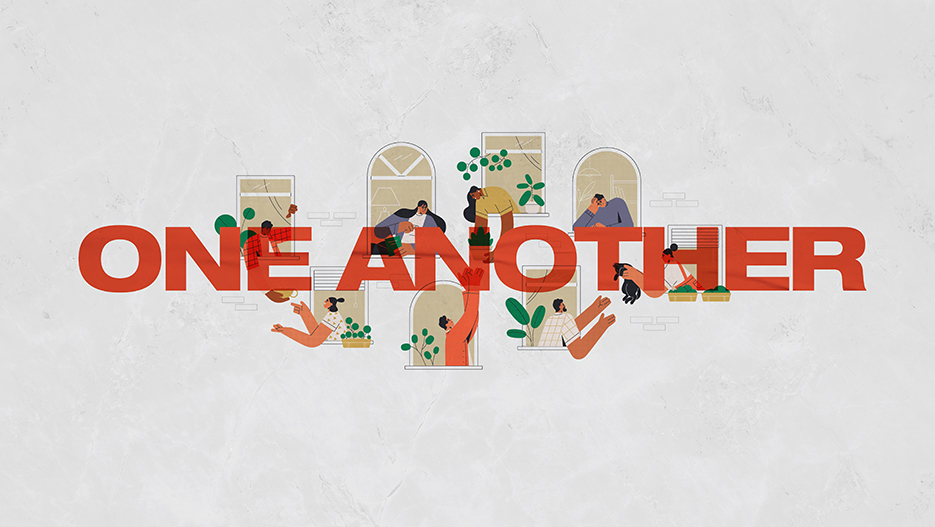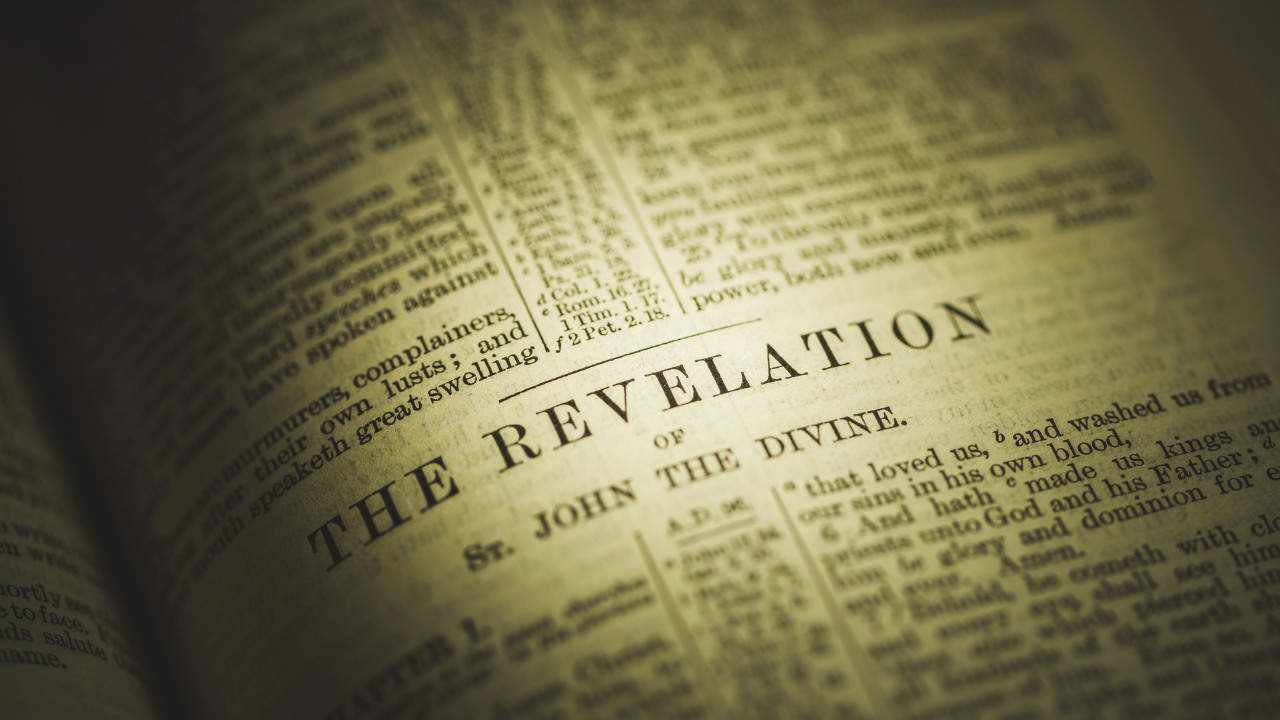The Jesus Manifesto
A lot of times it’s hard to see what a section might look like on your website. This paragraph is to help give you a feeling for it. Replace this text with your own.

Discussion Guide
Complete Takeaway and Discussion Guide for each sermon in the series.
Discover Why You’re On This Planet
Every day you are on this planet is another reason God has a purpose for you. Discover how you’re skills, personality, experiences, passions, and spiritual gifts guide you on how God wants you to live.


Your Abilities/Skills + Personality
Download the resources below to walk through what your skills are. In other words, “What I am good at?”
To discover your personality, we recommend the Enneagram. The best resource we recommend is the book, The Road Back to You, by Suzanne Stabile and Ian Morgan Cron. If you’d like to assess your type, contact Pastor Mike at mike@newgroundchurch.org, or you can search for free tools online (Mike says they are more hit or miss on discovery).
Your Experiences
Walk through how your experiences, both positive and negative, shape the person God is calling you to be. You can download the resources below.

Recommended Reading
Download List in File Below!
Practicing the Way - John Mark Comer
The Great Omission - Dallas Willard
The Deeply Formed Life - Rich Villodas
Emotionally Healthy Spirituality - Pete Scazzero
Let Your Life Speak - Parker Palmer
The Gift Of Being Yourself - David Benner
The Ruthless Elimination of Hurry - John Mark Comer
Generous Justice - Tim Keller
The Very Good Gospel - Lisa Sharon Harper
When Helping Hurts - Steven Corbett and Brian Fokker
One-Another Commands

Full list of all the “one-another commands in the New Testament.
Talking To God “Scaffolding”
Guide of walking through the Lord’s Prayer daily as well as Psalms for different seasons.
Lectio Divina
A resource on practice of Lectio Divina.
Emotionally Healthy Spirituality Resources
Books, links, and further questions for deeper study in Emotionally Healthy Spirituality.
The Bible as it was heard by its original audience
So much can be lost in translation, including historical, geographical, cultural, and literary contexts. The Bible is an incredible book when you see what it meant to its original listeners, and how bridges can be built to our stories today.
Click below to access helpful resources to get you started!

Praying the Lord’s Prayer
You might have memorized this if you had a church memory. Jesus gave this prayer as a response to when his disciples asked him, “How then should we pray?” His response is much more revolutionary than a surface reading, and provides a template of living out the Good News entails.
Click each phrase for a summary, and go through the playlist to listen to the teaching series we did in Summer of 2024.
“Our Father”
Not just prayer of intimacy, but praying for the revolution of the Kingdom of God. Just as he brought rescue and redemption to Israel from Egypt, we also ask for rescue and redemption for the world.
“Who Is In Heaven”
Ancient cosmology put God "in the heavens" as much closer than we think, which was the skies above. This is not only a prayer of God's power (the highest heaven), but also a prayer acknowledging God's NEARNESS. The Temple is now in the hearts of believers through the Holy Spirit.
“May Your Name Be Honored”
Commonly memorized as “Hallowed be Thy Name,” this is about "carrying" the Lord's Name (what hallowed refers to in Hebrew), connecting to the 10 Commandments. Carrying the Lord's Name is about living out his desires here and now, not about using particular language in God’s name. This is a prayer about living out the Good News 7-Days-A-Week
“Your Kingdom Come...”
Asking God's rule and reign (that's what kingdom refers to) to happen here on earth as it is in heaven, where God's will is always happening. The question for Jesus is not, "How do I get to heaven," but, "How do I bring heaven here?" Shalom is the end goal of the story; salvation is the process of that happening.
“Give Us Today Our Daily Bread”
It is not only a prayer for what I need vs. what I want, but the us/our suggests that we should seek out what OTHER people need for their daily bread. It is asking God for you to be the answer to OTHERS' prayers for daily bread as well.
“And forgive us...”
Forgiveness is rooted in the story of Jubilee, where God tells his chosen people to cancel ALL debts to one another. Our posture should be to forgive others as God has forgiven us. Matthew 18 serves as a posture of forgiveness, establishing boundaries for those who've hurt us and seeking mediators, not allies.
“Lead Us Not Into Temptation”
God doesn't tempt anyone to sin (James 1). Temptation is better translated as "test" or "trial," a huge theme in the Hebrew Bible. While we will ALWAYS be tempted and tested, we ask God for "bubble wrap" and not a "bubble" when asking for his mercy, grace, and protection. We seek opportunities to not put ourselves in temptful situations, which God always provides a way out (1 Cor. 10:13).
“But Deliver Us From the evil one”
When we get in situations where we are tempted or tested, the biggest way the enemy works is to deceive us. We ask God to help us see what lies (which usually contain half-truths) we believe and ask God to help us bring others alongside us holding us accountable to living the salvation life.
“For Yours is the Kingdom...”
The Empire's way of Kingdom, Power, and Glory is the opposite of what Jesus is teaching, living, and promoting. This was not part of the original prayer but was later put in by the early church as an appropriate doxology to what the entire Lord's prayer was communicating. It acknowledges that we will live into this prayer as part of our daily lives as followers of Jesus.
Confused on the Book of Revelation?
Most discussion around the book of Revelation is wrapped up in how the world is going to end, prophecies that are being fulfilled, and which current president is the Antichrist (which seems to be EVERY president for the last several decades, right?).
New Ground spent a significant amount of time walking through the ENTIRE book of Revelation and what it meant for its original listeners. It is a more inspiring, encouraging, and challenging message for us today than most books, movies, and televangelists will tell!
Click the buttons below to access the sermon series and additional resources for further study.

Go Deeper in Genesis
Want to discuss our “Origins” series in a deeper way? Download our discussion guides!
Why Creation/Evolution Abuses the Bible (Gen. 1)
Feeling chaotic or without purpose? Discover how Genesis 1:1-13 reveals a God who brings order and meaning to our lives.
Dignity Redefined (Gen. 1)
What does it mean to be made in the 'Image of God'? Discover how this revolutionary idea from Genesis shapes our understanding of human dignity and purpose.
“I Don’t Have Time” Discussion Guide (Gen. 2:1-3)
Feeling overwhelmed by busyness? Discover the life-changing power of Sabbath rest from Genesis 2:1-3.
Resisting the Patriarchy (Gen. 2:18-25)
Did you know 'ezer' in Genesis 2 means powerful support, not subservience? Discover how this changes our understanding of women's roles.
The Power of Naming (Gen. 2)
Words have the power to create and shape realities. How are your words impacting those around you?
Cracked But Not Shattered (Gen. 3)
Ever wondered why we struggle with temptation and sin? Genesis 3 holds the answers. Discover how the fall of humanity teaches us to trust God's wisdom over our own.
Sinners in the Hands of a Gracious God (Gen. 4)
Why was Cain's offering rejected while Abel's was accepted? Discover the deeper lessons on faith, obedience, and the nature of sin from the story of Cain and Abel.
Nothing But the Flood (Gen. 6-9)
How does the flood in Genesis 6-9 reveal God's mercy? Discover the profound truths about sin, judgment, and renewal.
Learn to practice of Lament
What does it look like to grieve well? The Bible is filled with examples of how people were brutally honest with God in their grief. Learn this wonderful practice from our 2025 Lenten series.
Chutzpah and Trust Supplemental Sheet
Supplemental sheet for teaching from March 30, 2025 entitled “Chutzpah and Trust” as a part of our Lament for Lent series.
Advent/Christmas Devotional
Want some inspiration for the season? Take some space each day to read our daily Advent Devotional!

